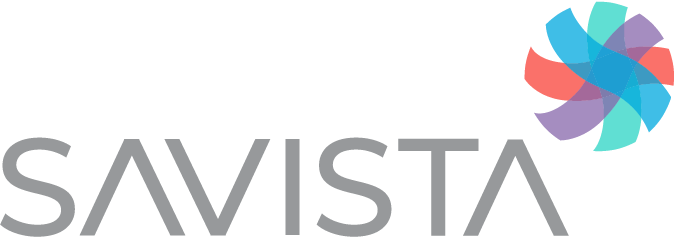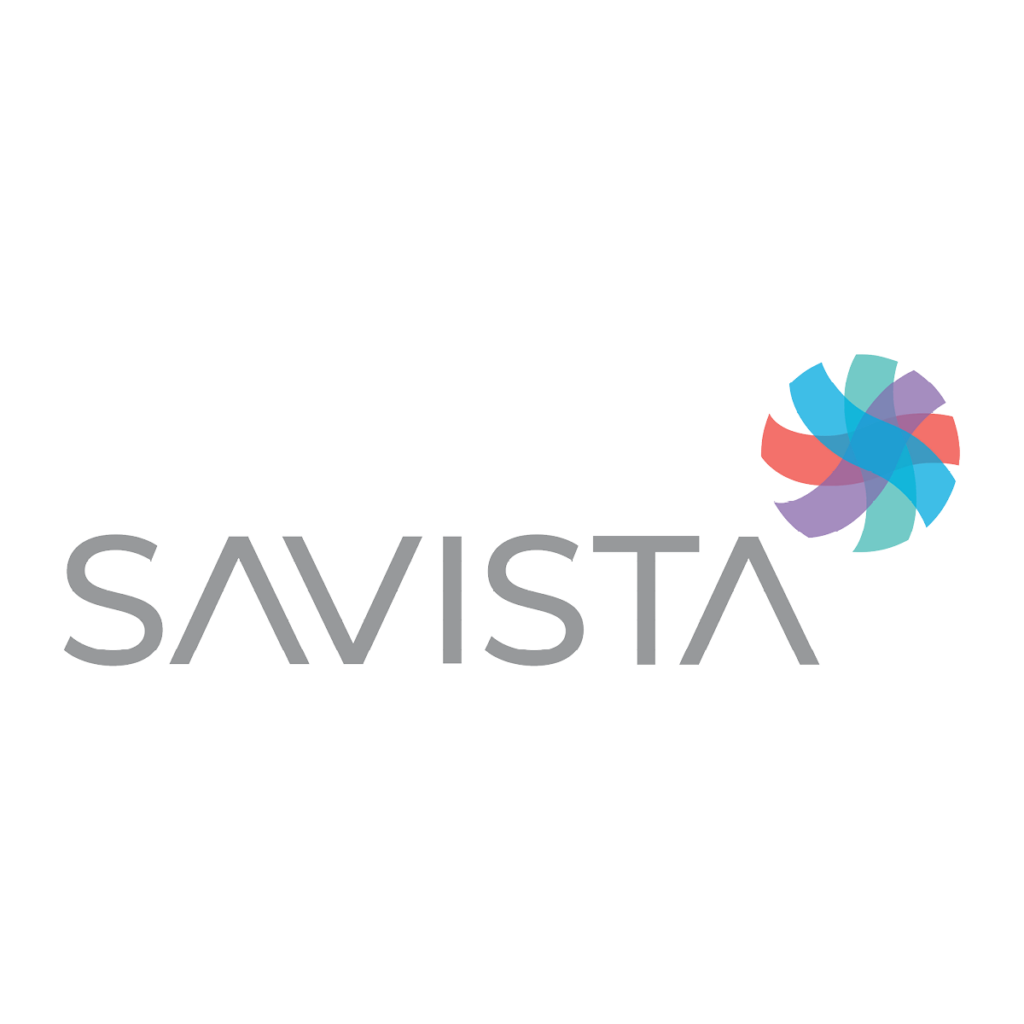ALPHARETTA, GEORGIA | December 13, 2023
Savista has unveiled its top 2024 predictions for the healthcare industry. Serving as a partner to hospitals, systems, and physician practices for more than 30 years, Savista’s deep bench of experts—from CEO Jan Grimm to Chief Strategy Officer Laxmi Patel and Vice President, Service Line Management Andy Cuppia— possess a unique perspective on developments in revenue cycle operations and factors that impact the larger patient care continuum. Looking forward, Savista is tracking three primary pressures on the healthcare system and the various ways the industry will respond in the coming year.
Pressure: Labor Challenges and Restraints
Persisting talent shortages mean continued reliance on contracted labor and short-term staffing, which is typically more expensive than hiring internally. If an organization doesn’t utilize contract labor or can’t fill open positions due to labor shortages across roles, the current staff will experience burnout and apathy, causing even greater turnover and resulting in a need for more contracted labor.
Response: Increased Mergers & Acquisitions, Outsourcing, and Consolidation
Hospital merger activity slowed during the COVID-19 pandemic, as health systems were more focused on dealing with the unprecedented crisis than in pursuing deals. However, merger activity has picked up this year and will only continue to increase – in the first three quarters of 2023, there were over 50 announced hospital mergers, according to a Kaufman Hall report.
Given labor cost pressures, outsourcing continues to be an acceptable and necessary solution. With continued pressure on margins, healthcare organizations should evaluate what they do well and consider ways to outsource functions that they do not. Given enhanced cloud and security capabilities, more organizations will feel comfortable with global resources taking on some of these functions.
Pressure: Cost, Revenue and Margins
Labor challenges continue to increase labor expenses, which, combined with overall cost increases, create significant margin pressure for providers. Revenue will remain relatively inelastic, and the practices of large health insurers will not allow providers to simply charge more to cover their increased costs.
The continued unwinding of the COVID-19 Public Health Emergency (PHE) may also start to significantly impact providers who were relying on Medicaid reimbursements for these populations. Now they will have to collect directly through self-pay, which will have a lower reimbursement rate, and they’ll likely see patients defer basic treatments as a result and enter the care system even sicker.
Response: Investment in Generative AI, Automation and Digital Transformation
In the next year, artificial intelligence and automation will prove their value across the revenue cycle management and clinical care continuum. Three primary areas of application for these technologies in 2024 will be automated coding, denial management, and pre-authorization, according to a KLAS report.
Automation may lead to concerns about job security among staff, requiring reinforced communication that these technologies will augment their roles, not replace them. And because healthcare is a highly personal and trust-based field, introducing new technologies may create apprehension and resistance among patients, especially concerning their data privacy and quality of care. Transparency about how these technologies benefit patient care and safeguard patient data will be more necessary than ever.
The new year will also bring attention to the need for greater transparency, bias mitigation, validation of algorithms and patient safety when it comes to using new technology ethically in the healthcare space. Improving data interoperability and the seamless exchange of health information across different healthcare systems and providers will be of increased focus for policymakers.
Pressure: Consumerism
The demand for high-quality, personalized care in the healthcare industry has never been higher, especially as patients have more options for primary and urgent care than ever before. Patients now expect the same level of convenience, personalization and accessibility in their healthcare experiences as they do from their interactions with other customer service touchpoints.
Simultaneously, advancements in the science of drug development and care delivery enable unprecedented levels of personalization and precision in healthcare. This convergence of patient expectations and technological capabilities underscores the need for healthcare providers to embrace innovative approaches to deliver tailored and patient-centric care, meeting the evolving standards of consumer experiences.
Response: Meeting Demand for Personalization and Convenience
Consumerism, aided by technology, will continue to disrupt the traditional healthcare model, particularly primary care. Specifically, asynchronous care will continue to grow, non-traditional locations will become more prevalent, and patients will continue to push healthcare into their home.
Patients also will continue to expect more personalization and support per encounter, both in a clinical setting as well as their financial understanding and responsibility. Therefore, patient finances will continue to be a focus, as funding sources and ways to connect and pay will become “mandatory” as part of the patient’s overall financial experience.
Looking ahead, collaboration among payors, providers, and regulators will be more crucial. Each entity plays a pivotal role in creating a healthcare system that is efficient, accessible, and sustainable. When it comes to embracing innovation in 2024, all three must come together to affect meaningful change.
Savista experts are available to discuss these projections for the healthcare industry in the coming year as healthcare institutions and providers are faced with unprecedented change and opportunity to navigate.
About Savista
Savista is a prominent provider of healthcare revenue cycle management services, partnering with hospitals, systems, and physician practices for more than 30 years. They solve revenue cycle challenges through comprehensive audits and assessments and expert staffing solutions that span eligibility and enrollment, CDM, coding, AR and more. Savista touts one of the most highly trained workforces in the industry with more than 20+ accreditations including Epic-certified trainers. Savista’s global organization delivers quality custom solutions to more than 330 healthcare clients at 770+ facilities across 49 states and recently received their Peer Review designation by the Healthcare Financial Management Association (HFMA).
Media Contact
Kim Wiethorn
615-585-0873
Contact Us
Let's Get Started
Get in touch with a representative today and find out how Savista can transform your business.



